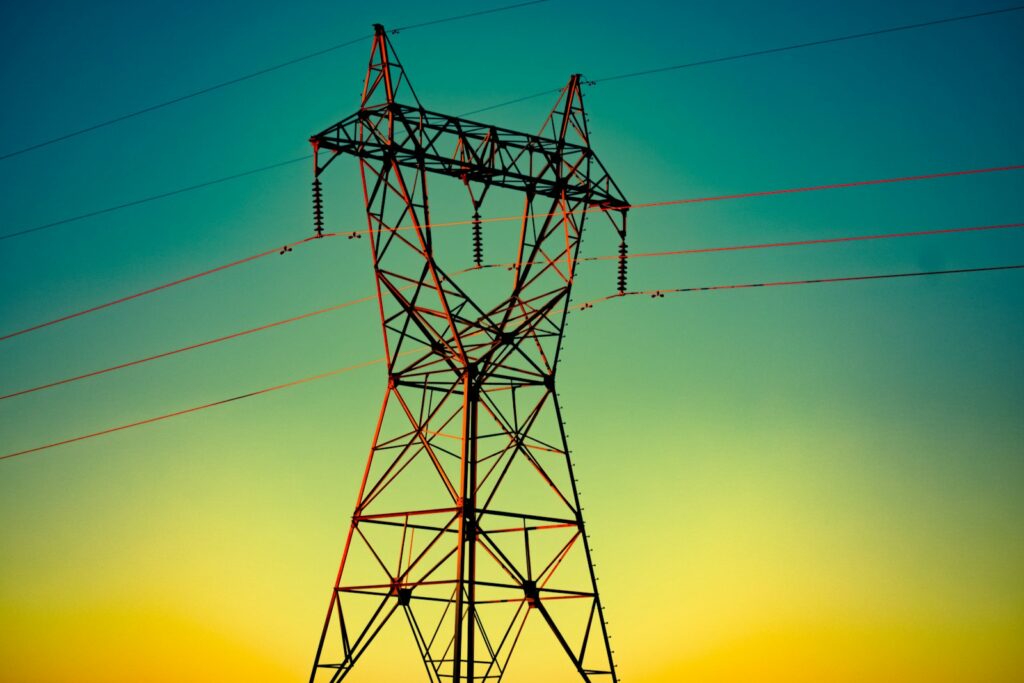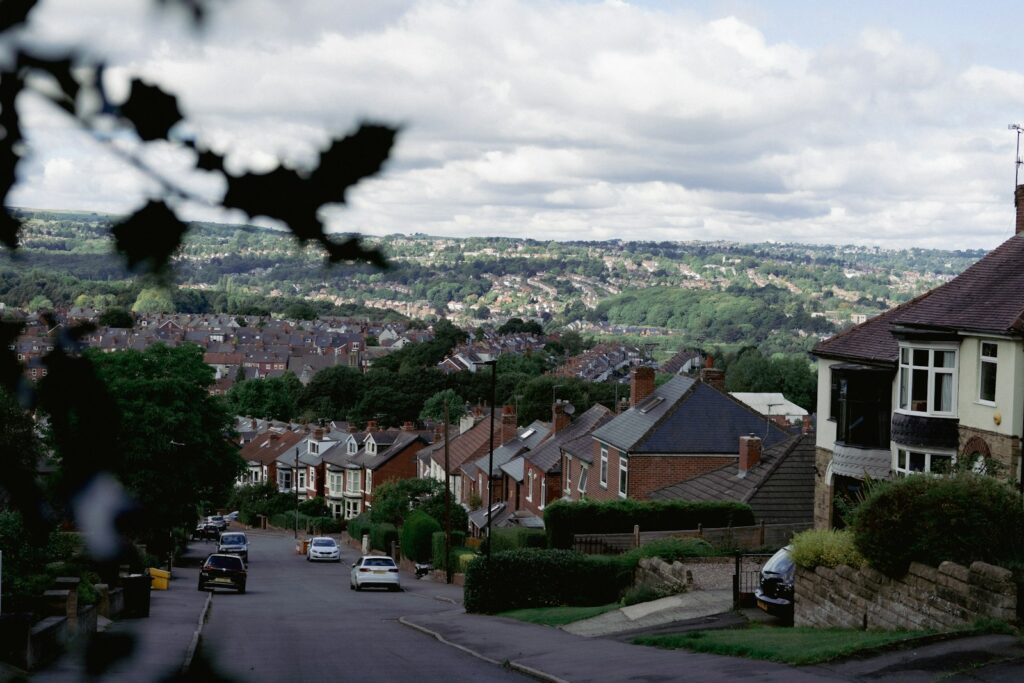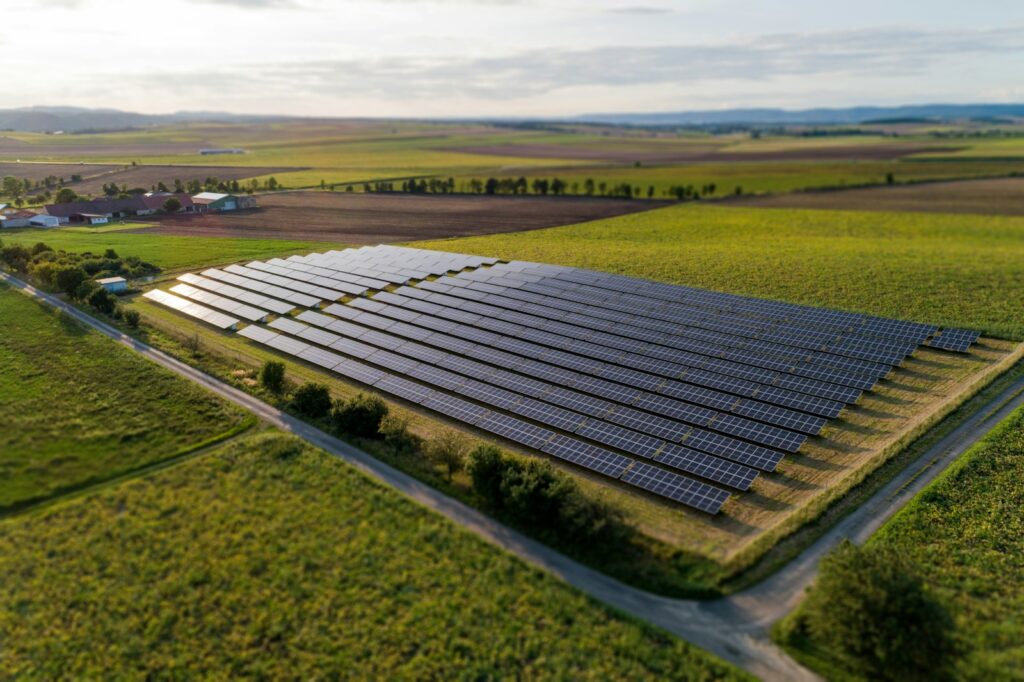Inspired by technology used in the Hollywood sci-fi film Minority Report, the Cambridge firm Polysolar has created a transparent alternative to solar panels, which they believe could harness the power of the estimated 1 billion windows around the UK.
A typical 1200mm x 600m Polysolar glass panel can generate on average 5kWh of power each month (equivalent to half a day’s power consumption for the average home). London’s Shard, which has enough glass to surface eight football fields, would, if fitted with Polysolar glass, generate some 2,500MWh/year, enough (when combined with a reduction in air-conditioning loads) to create a zero-carbon building or power the annual energy needs of 1,000 houses.
Installations to date include the UK’s first solar-powered glass bus shelter at Canary Wharf, petrol station canopies for Sainsbury’s, building facades and roofing for Network Rail as well as energy-generating domestic carports, conservatories, and greenhouses. One domestic trial featured a transparent glass roof-to-garage and workshop that met the complete power needs of the owner’s electric car and home.
Currently, a typical panel will cost about twice the price of a conventional glass window, but the company predicts when volume production begins, the price could fall to a 10% premium on the cost of conventional glass.
Hamish Watson, CEO of Polysolar, said: ‘We’re delighted to be launching our crowdfunding programme today to accelerate the growth of our company. We’ve invested over £1.5m to get where we are today and we now have a commercial product, a huge potential market and an opportunity to make a contribution to saving our planet. It has taken time, effort, investment and science to make windows that generate power. There’s a clear market opportunity in every sense.’
Hamish Watson added: ‘Ongoing concerns about global emissions targets make this a vital time for cleaner energy generation. Britain may not be renowned for predictable sunshine, but we know a thing or two about invention.’
Polysolar is launching a fundraising programme on CrowdCube.
















